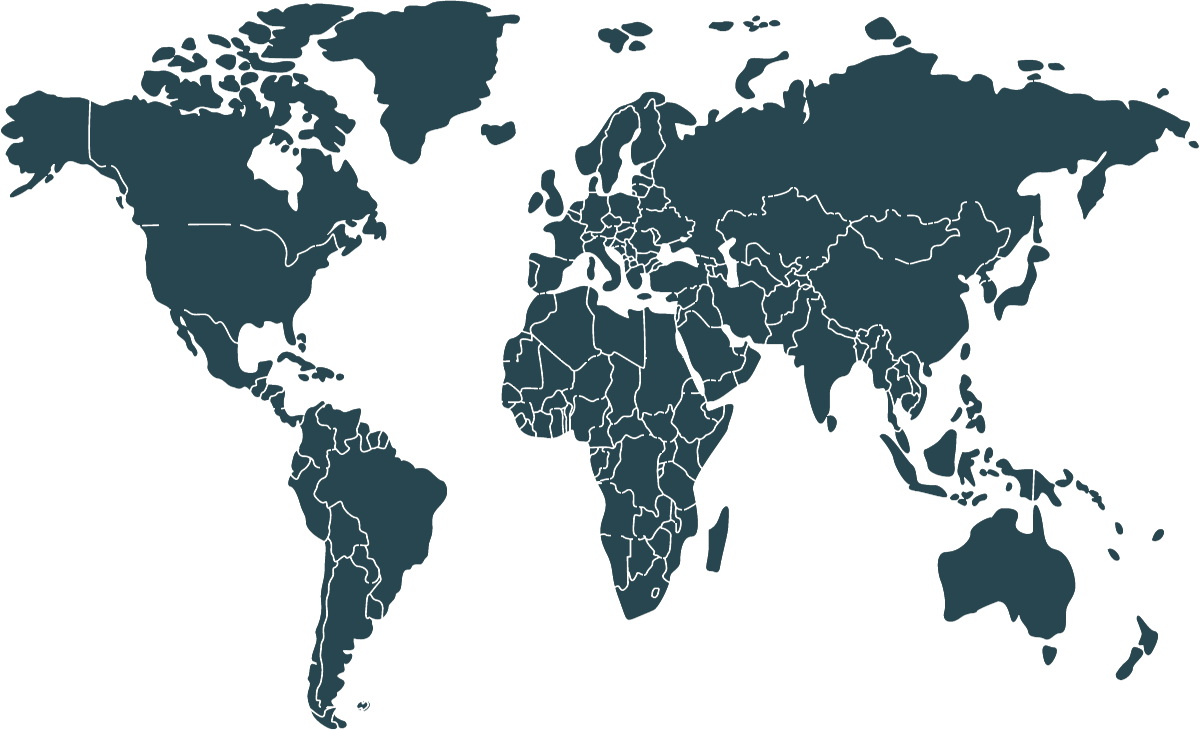*Since the date of this news item’s publication, the organization ‘The International REC Standard Foundation’ has changed to ‘The International Tracking Standard Foundation: Founder of I-REC (I-TRACK Foundation).’
Data plays a pivotal role in ensuring the credibility of International Renewable Energy Certificates (I-REC). Historically, data collection, review, and validation roles have been serviced entirely by Local Issuers or the Central Issuer—these entities will continue to play a central role in all aspects of the issuance process.
As technology continues to advance, new opportunities are emerging to provide additional layers of assurance in the I-REC lifecycle, atop existing issuance criteria and processes. These may be particularly relevant for entities seeking more granular issuance and power production data such as for real-time issuance and settlement procedures. This article looks at emerging data granularity and verification functionality, and how it is being facilitated through the I-REC ecosystem.
The International Attribute Tracking Standard (Standard) sets rules and best practices for the production and use of energy and environmental attribute certificates. The Standard is designed in a modular way, to accommodate market developments through the designation of third-party validators, in addition to the wider ecosystem of Code Managers, Issuers, and Registrants. New functionality is being implemented in China, through collaboration with third parties and with options for market actors to adopt and scale up granular data validation in any markets where the Standard is active.
Market demands are evolving in parallel to data production environments. In many cases, this is seen through end-users requesting increased data granularity and its ascription onto I-REC certificates—covering every facet of the renewable electricity production and consumption value chain. In many ways, China is at the forefront of the drive for increased granularity, with end-users seeking additional layers of assurance to bolster the veracity of power production and redemption claims. This will be increasingly relevant on a global scale as trade agreements, such as the Carbon Border Adjustment Mechanism (CBAM) and international financial reporting requirements seek or require highly granular disclosure for electricity consumption.
The I-REC Standard Foundation (Foundation) recognizes the trend toward increased disclosure requirements and the associated hike in demand for highly granular certificates. Accordingly, the Standard allows third parties (with permissions) to source, share, and integrate highly granular data on product certificates. From a governance perspective, the Standard achieves this through the delegation of permissions—allowing third-party technology and service providers to share data that can either feed into issuance procedures or be layered on top of them. Permissions are granted through the Accreditation of Platform Operator Accounts, the approval of third-party labels, and combinations of the two.
One pioneering technology provider in this space is BravoWhale Technology, known in China as Shanghai Qikun Technology. BravoWhale has added new verification options to the Chinese I-REC ecosystem by introducing technology that directly sources generation data from renewable energy assets. This extra layer of data validation complements standard issuance practices, assuring the integrity of I-REC.
In China and all other I-REC markets, Local Issuers or the Central Issuer will continue to request standard datasets for I-REC issuance—basing most issuance on meter readings or financial settlement data provided by grid operators. In this context, the use of third-party data validators is and will remain optional, at the discretion of device owners and end users transacting RECs with them. However, as market actors increasingly request additional data granularity, Accredited Platform Operators like BravoWhale can provide additional layers of assurance through their external validation methodologies. This structure helps ensure that all actors can register devices (whether independently or supported by third parties) and at the same time, that entities seeking additional layers of data granularity or validation can access them credibly within the I-REC ecosystem.
The Foundation looks forward to witnessing the growth of highly granular certificate markets in China and beyond, and to facilitating the engagement of third-party validators in provide valuable services when requested by market participants. With an eye to balancing innovation and fair access to the market, data validation functions are and will remain optional. The emergence of validator roles and technology creates new opportunities to enhance credibility, trust, and transparency—all core values that influence the Foundation’s development and growth in markets around the world.
